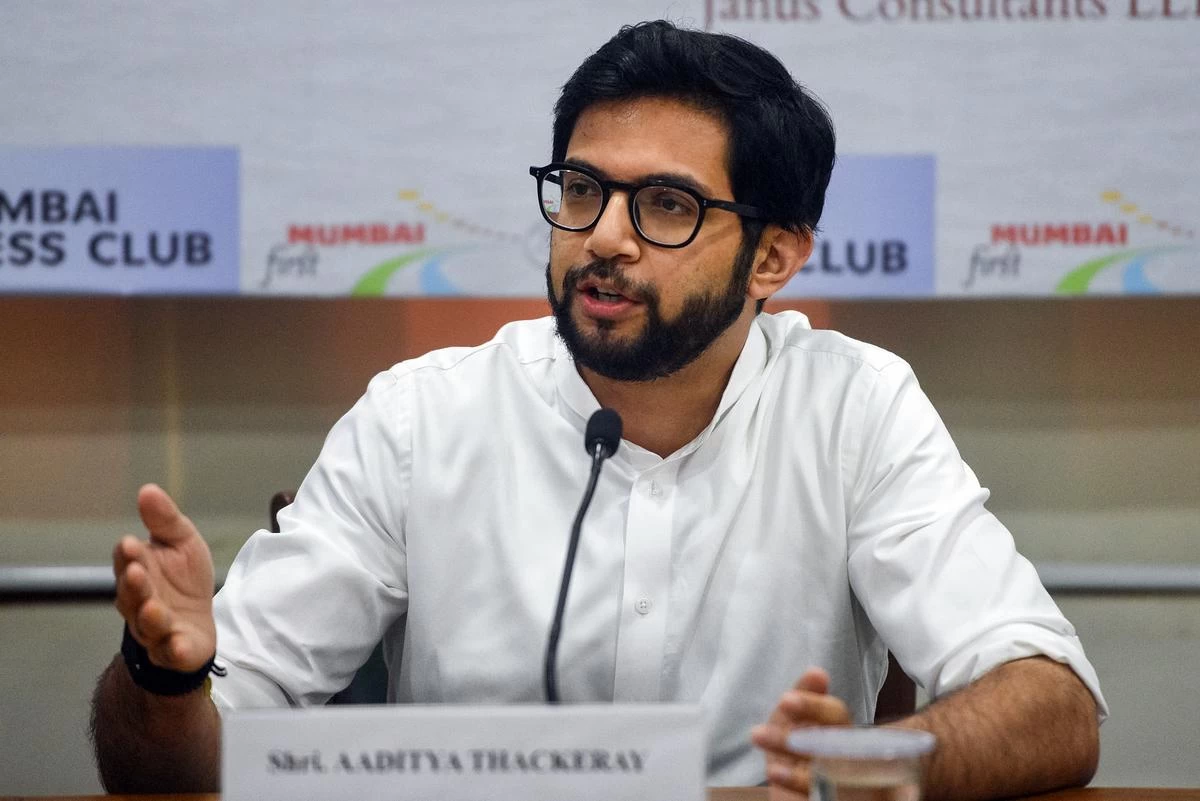Latest Updates
SC finds Bengal Govt petition ‘maintainable’, challenging Union over CBI pursuing cases and registering FIRs without the State consent
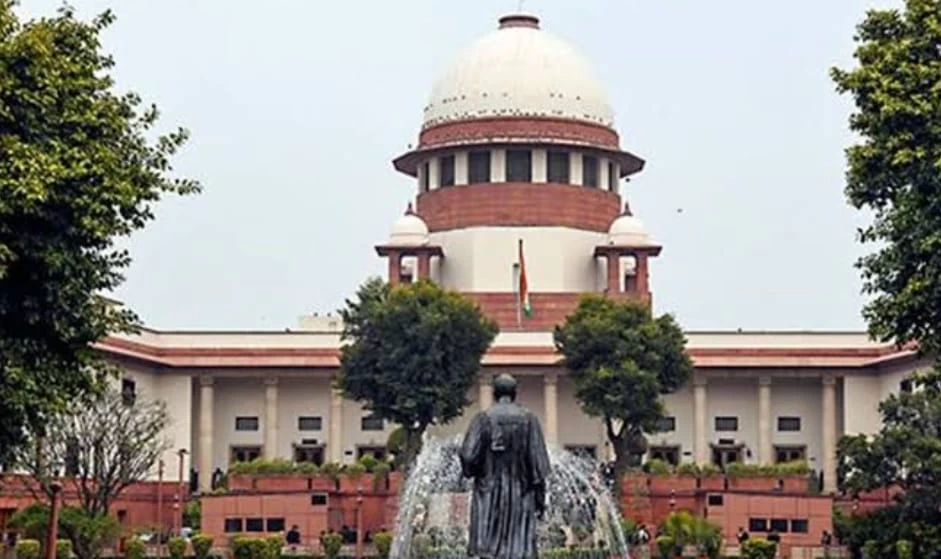
In a significant development, the Supreme Court on Wednesday has found Mamata Banerjee Government’s petition challenging CBI filing FIRs in cases pertaining to West Bengal after the State government had revoked consent, maintainable. This was even as the Union government had objected to the petition alleging the state government of trying to suppress facts. The bench of Justices BR Gavai and Sandeep Mehta held that the plaint of the State of West Bengal disclosed a cause of action while referring to the section 6 of the Delhi Special Police Establishment Act of 1946 that asked for the consent of the state for CBI’s actions.
"We find the present suit is raising a legal issue whether, after the withdrawal of the general consent, the CBI can continue to register FIRs and investigate cases in violation of section 6 of DSPE act...," the bench stated while orally reading out the operative portion.
West Bengal Government had revoked the consent to CBI in November 2018, which meant CBI as per the DSPE act, couldn’t have pursued a case without taking the consent of the State government. There have been multiple cases pertaining to Bengal in which CBI had filed FIRs, including in matters involving the leaders from the ruling Trinamool Congress party.
The State in its plaint had also contended that the “CBI is functioning under the superintendence of the Central Government”. The bench held that for now the “averments in the plaint have to be taken at the face value”. The matter will now come up on August 13 for the framing of the issues. The Bench had rejected the objections of the Union Government that argued if the petition came under the preview of Article 131 of the constitution. Solicitor General Tushar Mehta, appearing for the Union, argued that “Article 131 was designed to settle disputes between federal units of government and did not extend to the CBI, which was not a limb of the central government”, stressing CBI as an independent body.
Kapil Sibal appearing for the Bengal government argued that the supervision of the police establishment is with the Department of Personnel and Training (DoPT), as per the administrative structure of the Union further adding that when a question on CBI is asked in the Parliament, it is answered by the DoPT.
“In the administrative structure of the Union of India, the supervision of the police establishment is with the Department of personnel and Training (DOPT). So, if a question is asked in the parliament about the CBI, who stands up?...the cabinet minister of the DOPT is the prime minister. Seldom does the PM stand up and answer, it is the minister of State,” Sibal argued.
Trinamool Congress has welcomed the move by the Supreme Court calling it the vindication of their contention that CBI had worked under the influence of the centre and against the law. “CBI has been specially used in opposition-ruled states, like a political wing of the BJP. The general consent to CBI was withdrawn in November 2018 and it was accordingly informed to the parliament. Tamil Nadu, Telangana and 10 other states have withdrawn their consent. Despite that CBI was registering several cases. We welcome the SC recognition. This is not only the victory of TMC and Mamata Banerjee, it’s a victory of Indian Constitution”, said Dr Santanu Sen, TMC leader.
The Supreme Court bench has however stated that the suit will proceed and its present findings were only for the purpose of determining the maintainability of the plaint and that they will have “no bearing on deciding the suit finally.”




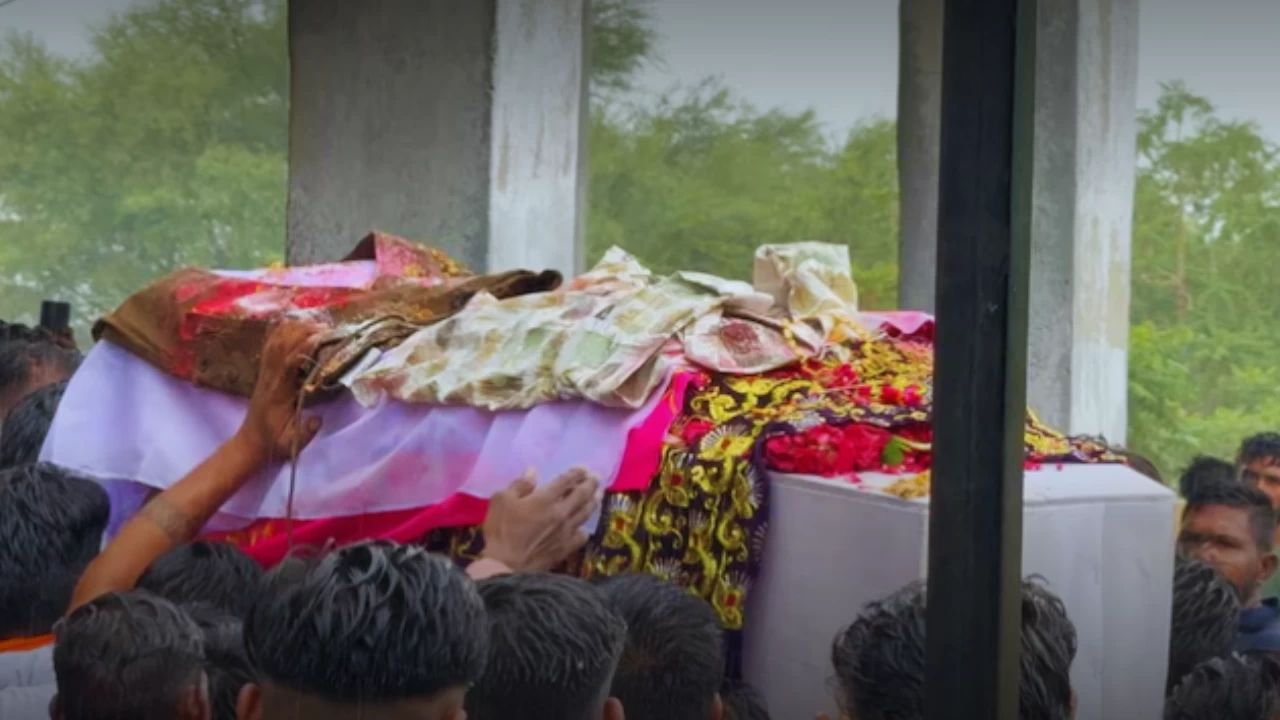
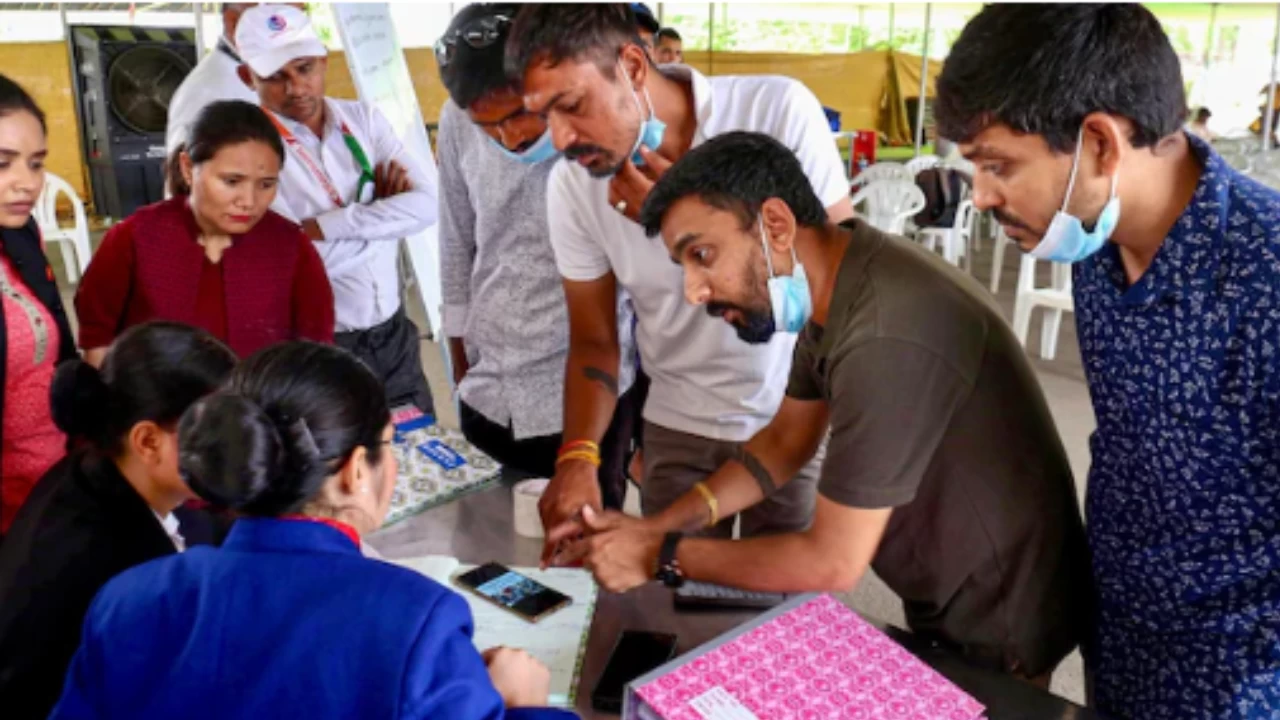
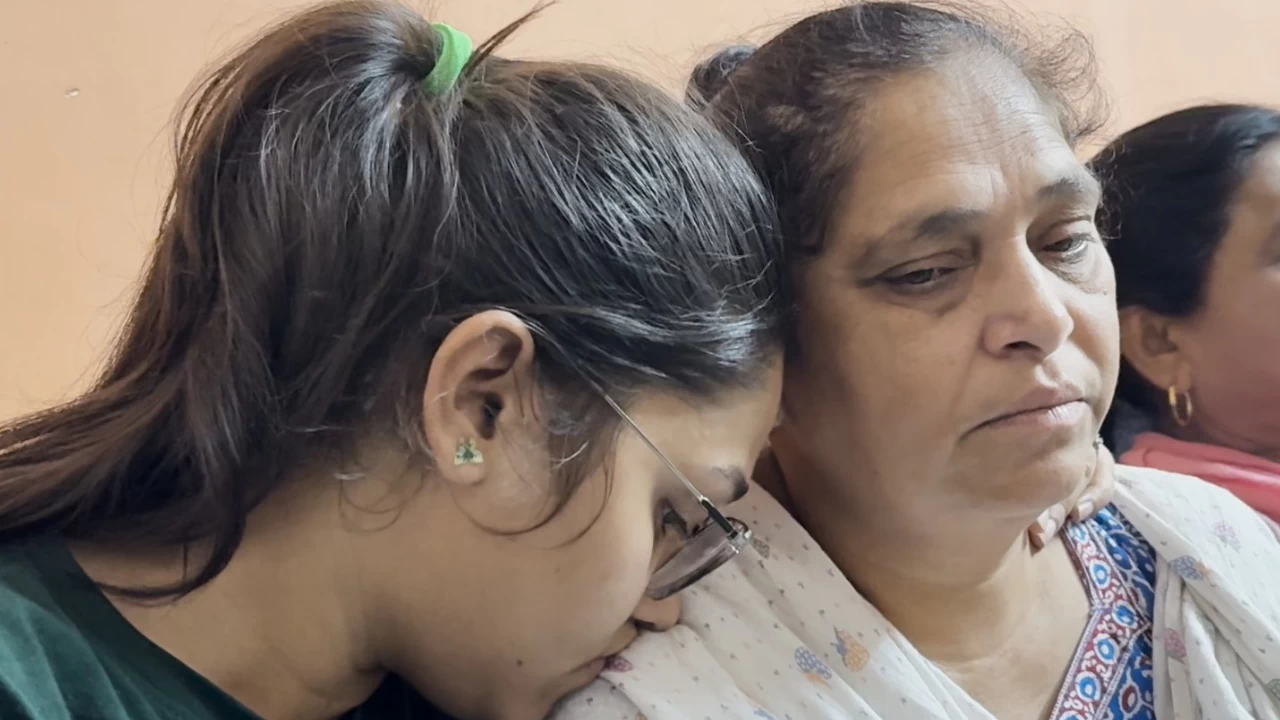
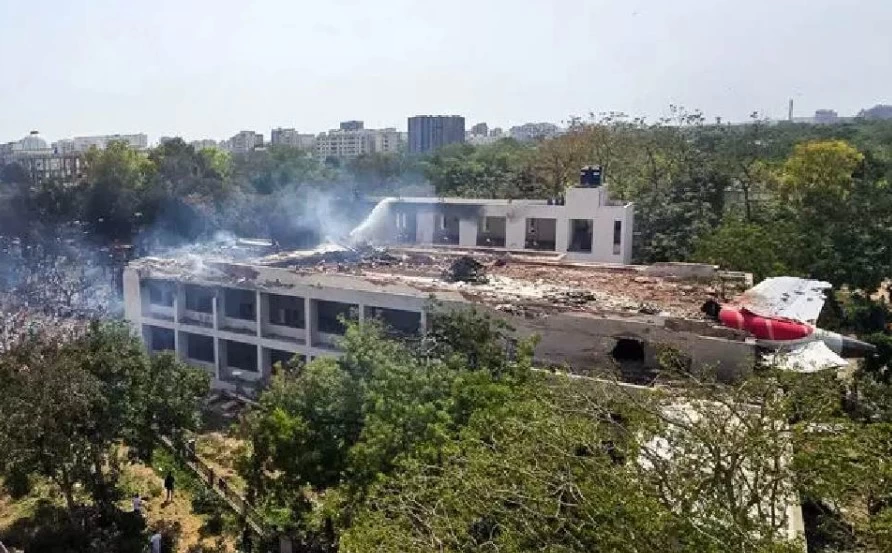
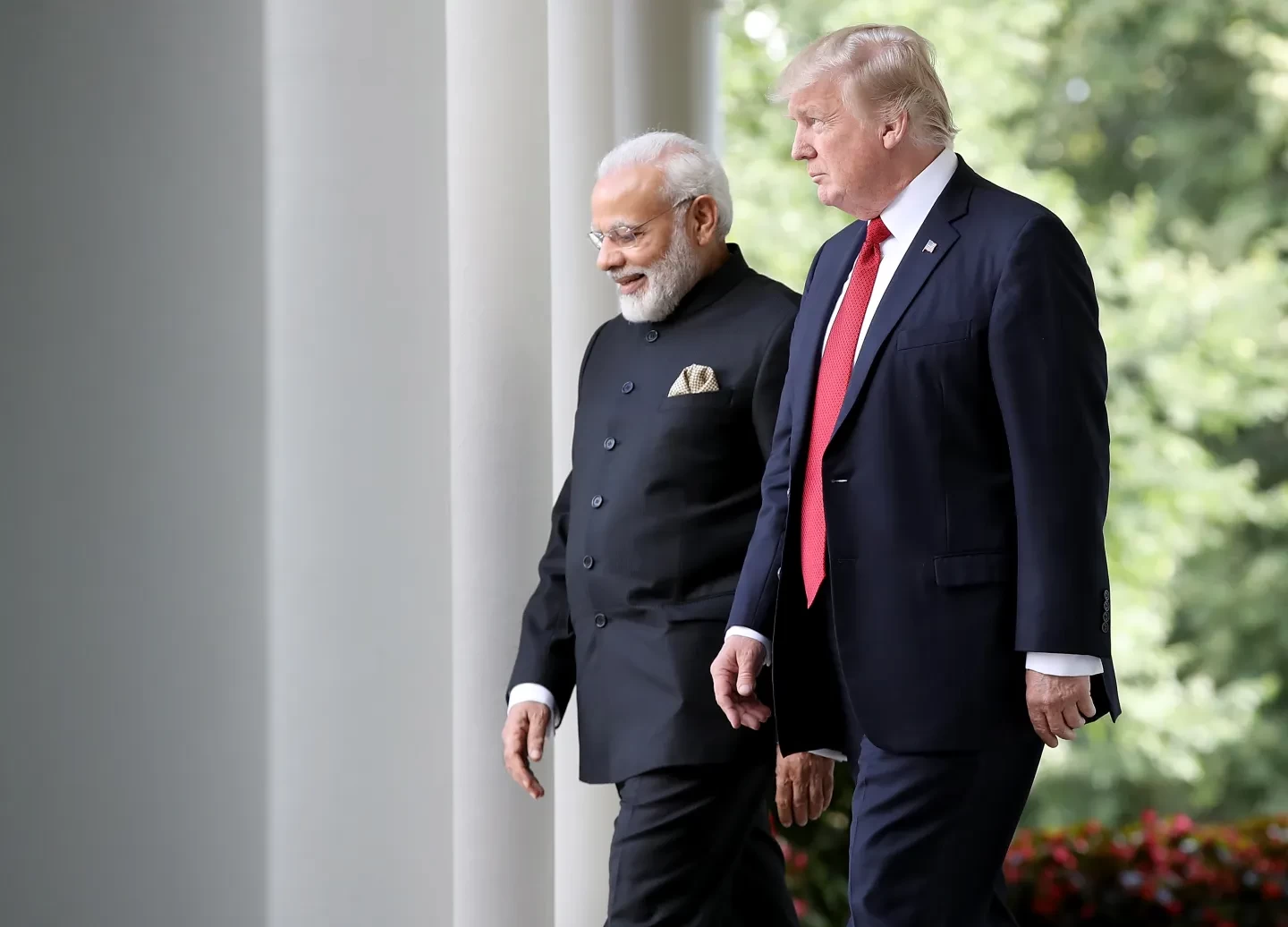

.webp)
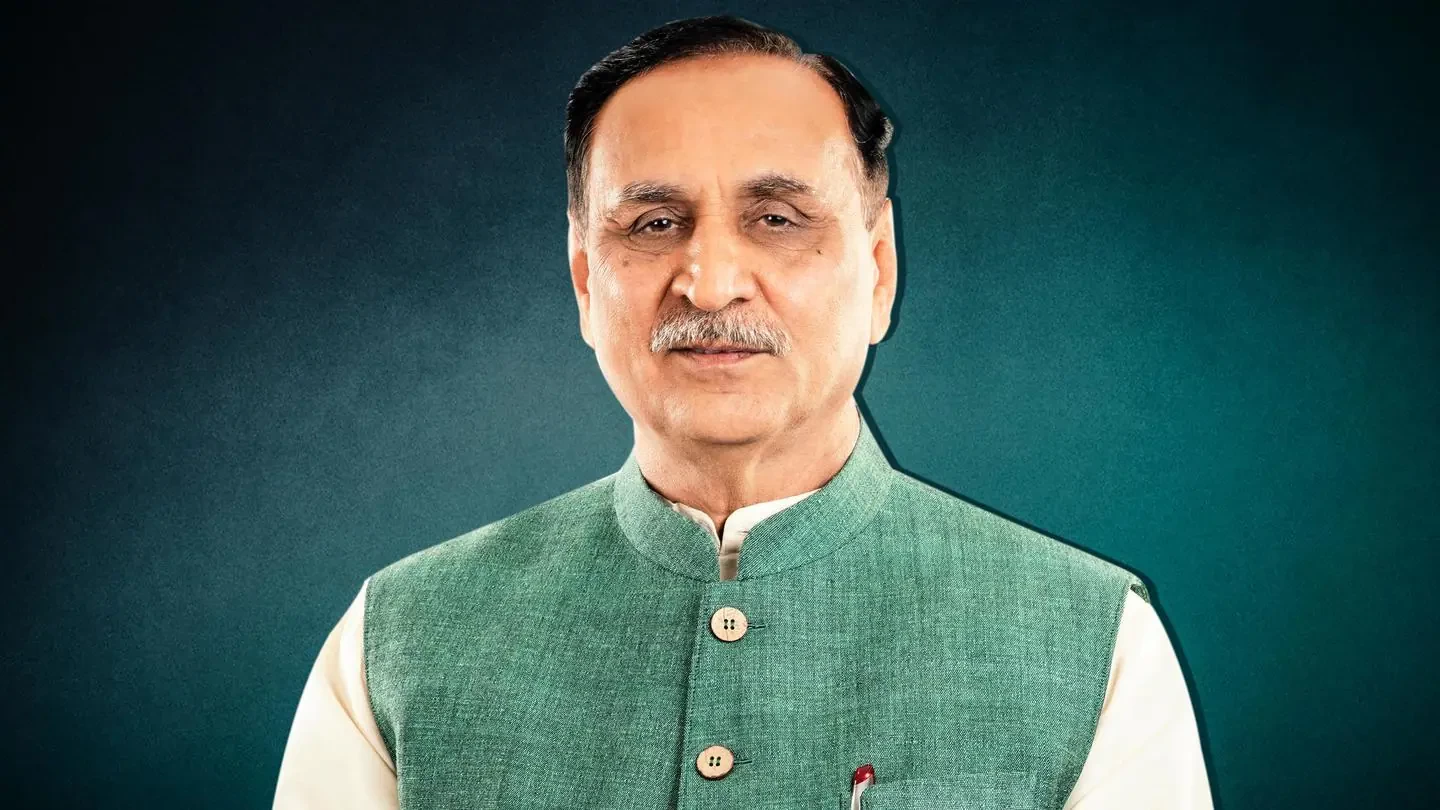
.webp)
